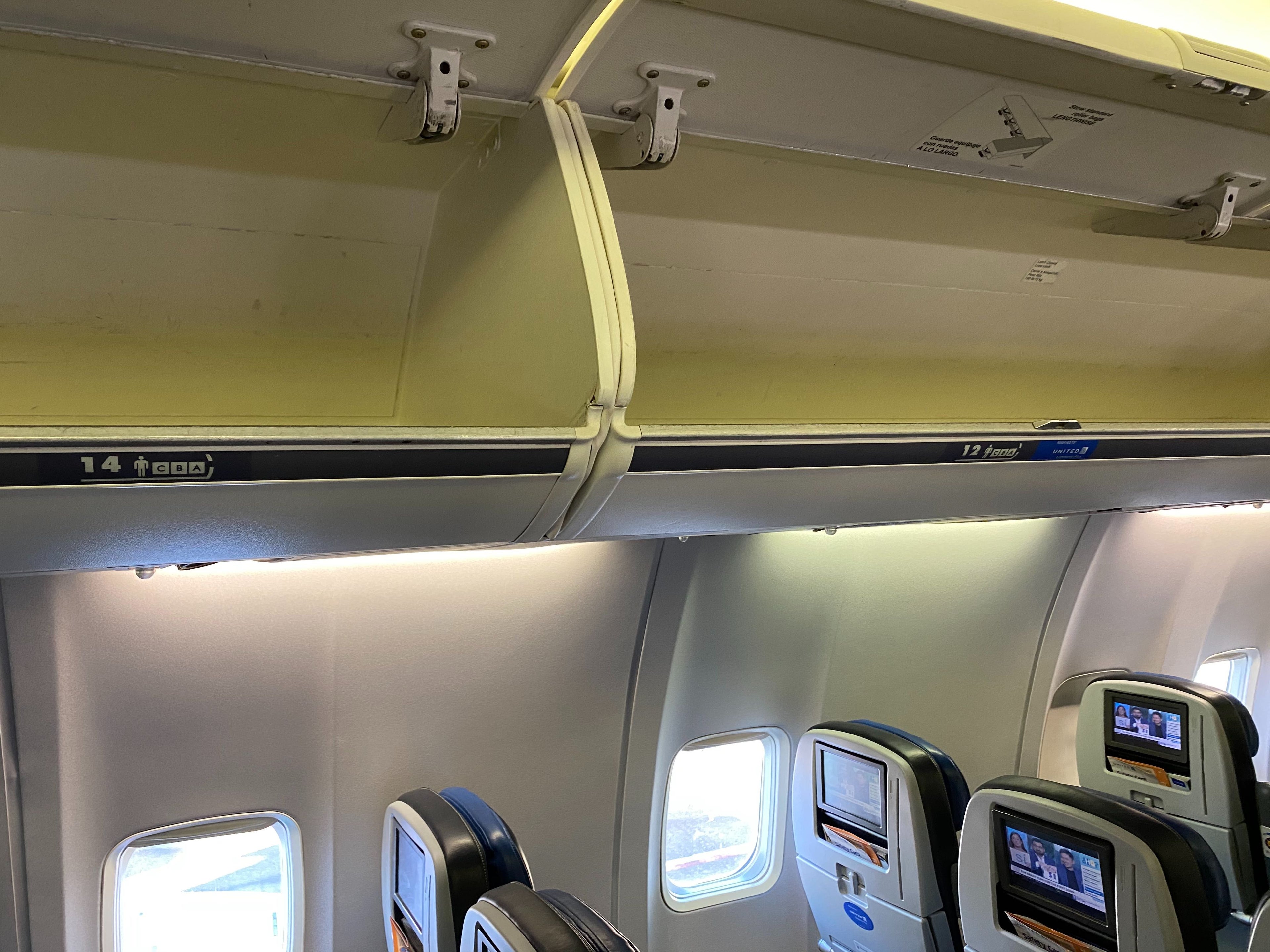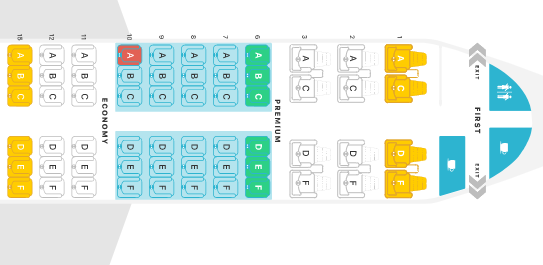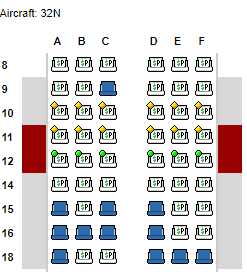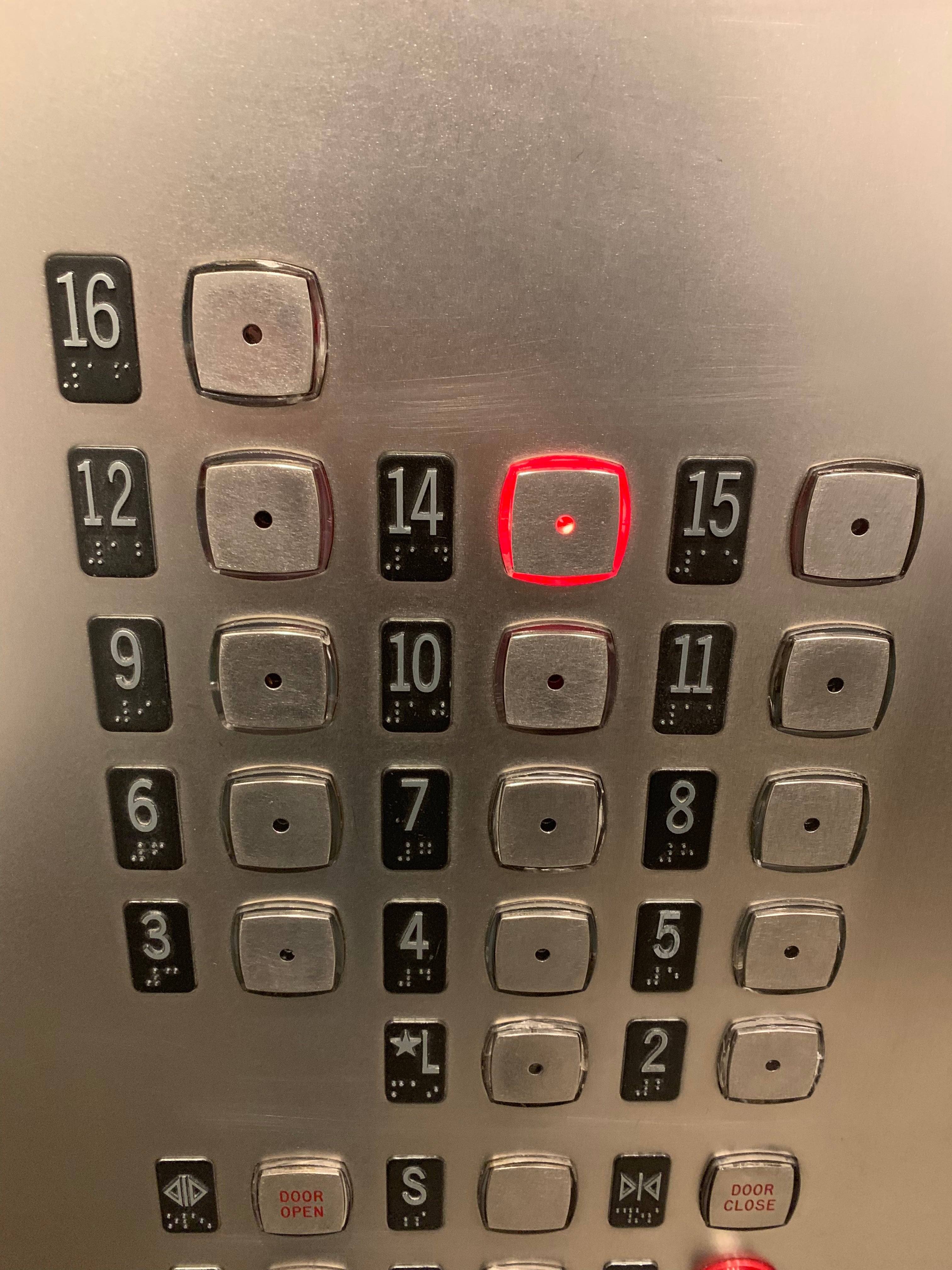Why airplanes don’t have a 13th row

Airline passengers are a superstitious bunch. Many travelers partake in certain superstitious rituals when flying, particularly when boarding and upon takeoff. You may have noticed someone touching the aircraft upon boarding or making a hand gesture that resembles the sign of a cross. Maybe you have a lucky sweater or would never flying on an alleged unlucky day like Friday the 13th. Superstition comes in many forms.

Around the globe, flyers are filled with quirky superstitions (like the guy that tossed coins into the plane engine for good luck) that alter the way they travel - using self-coping mechanisms that provide them with a little peace of mind. Airlines around the world are cognizant of these superstitions and because of this, several do not have a 13th row on their planes due to the stigma around the luckless number 13. Airlines including Air France, Iberia, Ryanair, Air New Zealand, Lufthansa, and Alaska Airlines (only their Boeing 737-800) are not equipped with a 13th row on most of their aircraft.

In Lufthansa's case, not only do their planes omit Row 13 in many instances, they also exclude a Row 17 as the number denotes a strain of bad luck in countries such as Italy and Brazil. This is the airline's way of respecting the cultural beliefs of their millions of international passengers they serve and reducing passenger anxiety while flying.

There are dozens of airlines based in Europe and Asia that purposefully snub the 13th row from their fleet of aircrafts. U.S.-based airlines such as American, Delta, Southwest and Jetblue to name a few, do in fact have a Row 13 despite a resounding belief in western culture that the number implies bad luck.
But travel superstition isn't simply earmarked for planes - hotels and buildings also bypass a 13th floor. While it may sound a bit extreme to cater to superstitious minds, Gallup conducted a poll in 2007 asking Americans how much it would bother them to stay on a 13th floor room. 13% said it would bother them to stay on a 13th floor hotel room. The reason many hotels do not list the number 13 inside elevators is to avoid issues with guests that suffer from triskaidekaphobia, the fear of the number 13.
In China and other East Asian cultures, whether a number is considered unlucky or not depends on the pronunciation of that number and if other similar-sounding words carry a positive or negative meaning. The number 4 is considered to be unlucky in countries such as China, Japan, Taiwan as well as others because the word for the number 4 sounds the same as the word for death. Step foot inside an elevator in many Asian countries and you may not see a button for the 4th floor.
If you're lucky (or unlucky) enough to sit in the 13th row on your next flight, may the odds be ever in your favor for at least an empty middle seat.
Here at TPG, our elevators don't have a 13th floor, so we're hoping that means our new headquarters brings luck.. or at least no bad luck.

TPG featured card
at Capital One's secure site
Terms & restrictions apply. See rates & fees.
| 5X miles | Earn 5X miles on hotels, vacation rentals and rental cars booked through Capital One Travel |
| 2X miles | Earn unlimited 2X miles on every purchase, every day |
Pros
- Stellar welcome offer of 75,000 miles after spending $4,000 on purchases in the first three months from account opening. Plus, a $250 Capital One Travel credit to use in your first cardholder year upon account opening.
- You'll earn 2 miles per dollar on every purchase, which means you won't have to worry about memorizing bonus categories
- Rewards are versatile and can be redeemed for a statement credit or transferred to Capital One’s transfer partners
Cons
- Highest bonus-earning categories only on travel booked via Capital One Travel
- LIMITED-TIME OFFER: Enjoy $250 to use on Capital One Travel in your first cardholder year, plus earn 75,000 bonus miles once you spend $4,000 on purchases within the first 3 months from account opening - that’s equal to $1,000 in travel
- Earn unlimited 2X miles on every purchase, every day
- Earn 5X miles on hotels, vacation rentals and rental cars booked through Capital One Travel
- Miles won't expire for the life of the account and there's no limit to how many you can earn
- Receive up to a $120 credit for Global Entry or TSA PreCheck®
- Use your miles to get reimbursed for any travel purchase—or redeem by booking a trip through Capital One Travel
- Enjoy a $50 experience credit and other premium benefits with every hotel and vacation rental booked from the Lifestyle Collection
- Transfer your miles to your choice of 15+ travel loyalty programs
- Top rated mobile app


